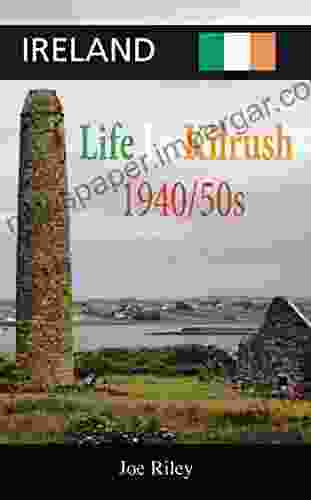Unveiling the Life of Infrastructure in Palestine through the Lens of Stanford Studies

Infrastructure, the backbone of modern society, plays a pivotal role in shaping the economic, social, and environmental well-being of nations. In the context of Palestine, infrastructure development has been intimately intertwined with the region's tumultuous history, political conflicts, and aspirations for self-determination. Stanford University's "The Life of Infrastructure in Palestine" offers a groundbreaking exploration into this complex and often overlooked aspect of Palestinian society.
5 out of 5
| Language | : | English |
| File size | : | 9069 KB |
| Text-to-Speech | : | Enabled |
| Screen Reader | : | Supported |
| Enhanced typesetting | : | Enabled |
| Word Wise | : | Enabled |
| Print length | : | 401 pages |
Through a series of in-depth case studies and expert analyses, this comprehensive study uncovers the multifaceted nature of infrastructure in Palestine, examining its historical evolution, political significance, and socioeconomic impact. From the construction of water systems to the establishment of energy networks and the development of transportation routes, the book reveals the intricate interplay between infrastructure, power, and identity.
Historical Legacy and Political Contestations
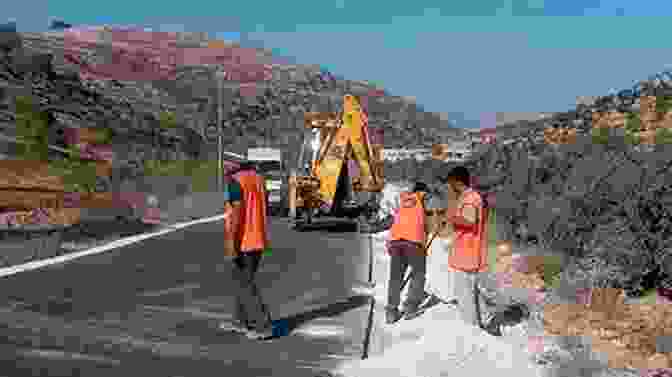
The development of infrastructure in Palestine has been deeply influenced by the region's rich history and ongoing political conflicts. During the British Mandate period, infrastructure projects were often used as tools of control and resource extraction. After the establishment of the State of Israel in 1948, infrastructure became a contested space, with both Israeli and Palestinian authorities vying for control over water resources, energy supplies, and transportation networks.
The book delves into the ways in which infrastructure has been weaponized and manipulated by various political actors. It examines the deliberate destruction of Palestinian infrastructure during the 1967 war and the ongoing restrictions on Palestinian access to water, electricity, and transportation. These actions have had profound consequences for the economic and social development of Palestinian communities.
Water Scarcity and Infrastructure Challenges
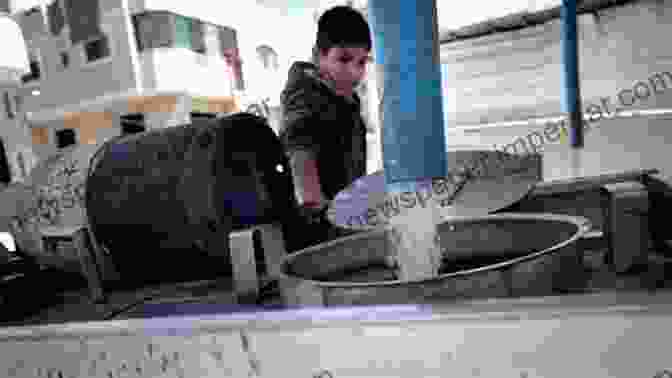
Water scarcity is a pressing issue in Palestine, where access to clean and reliable water sources is limited. The book explores the historical roots of this crisis, tracing it back to British colonial policies and the diversion of water resources to Israeli settlements. It also examines the challenges faced by Palestinian water utilities in operating and maintaining infrastructure under conditions of occupation and resource scarcity.
The study highlights innovative approaches to water management that have been adopted by Palestinian communities, such as rainwater harvesting and wastewater reuse. It also advocates for international cooperation and support to address the water crisis in Palestine and ensure the equitable distribution of water resources.
Energy Security and Infrastructure Development
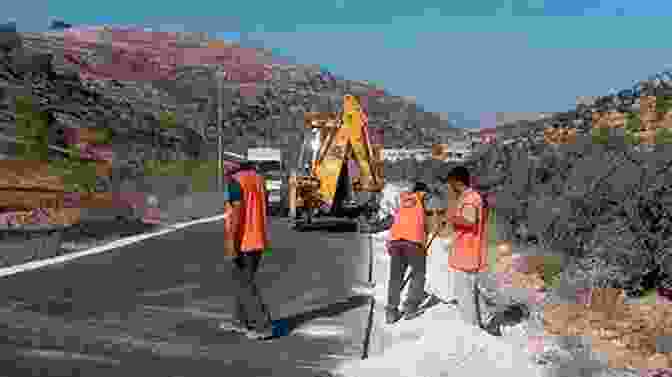
Energy security is another key concern for Palestine. The region has limited domestic energy resources and is heavily dependent on imported fuel from Israel. The book analyzes the political and economic challenges associated with energy security in Palestine, including the Israeli blockade of Gaza and the restrictions on Palestinian access to energy infrastructure.
The study explores the potential of renewable energy sources, such as solar and wind power, to reduce Palestine's dependence on imported fuel and promote sustainable development. It also examines the role of international aid in supporting the development of renewable energy infrastructure in Palestine.
Transportation Networks and Socioeconomic Impact
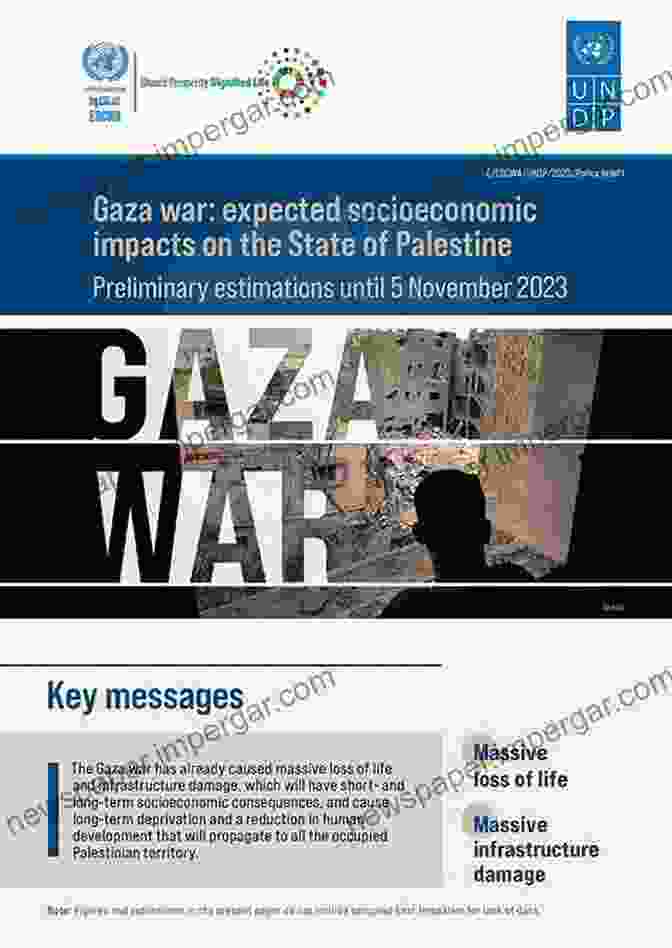
Transportation networks play a vital role in facilitating economic growth, social mobility, and access to essential services. The book examines the historical development of transportation infrastructure in Palestine, from the Ottoman era to the present day. It highlights the challenges faced by Palestinians in moving freely within the occupied territories and accessing regional and international markets.
The study assesses the socioeconomic impact of transportation infrastructure, including its role in creating jobs, facilitating trade, and improving access to education and healthcare. It also examines the potential of transportation networks to promote regional cooperation and foster economic development in Palestine.
"The Life of Infrastructure in Palestine" provides a comprehensive and nuanced understanding of the complex relationship between infrastructure, power, and identity in Palestine. Through its detailed case studies and expert analysis, the book illuminates the historical, political, and socioeconomic factors that have shaped infrastructure development in the region. It offers valuable insights into the challenges and opportunities facing Palestine as it strives to build a sustainable and just society.
The book is an essential resource for scholars, policymakers, and anyone interested in the development of infrastructure in Palestine, the Middle East, and beyond. It sheds light on the often-overlooked role of infrastructure in shaping the lives of people and the future of nations.
5 out of 5
| Language | : | English |
| File size | : | 9069 KB |
| Text-to-Speech | : | Enabled |
| Screen Reader | : | Supported |
| Enhanced typesetting | : | Enabled |
| Word Wise | : | Enabled |
| Print length | : | 401 pages |
Do you want to contribute by writing guest posts on this blog?
Please contact us and send us a resume of previous articles that you have written.
 Book
Book Novel
Novel Page
Page Chapter
Chapter Text
Text Story
Story Genre
Genre Reader
Reader Library
Library Paperback
Paperback E-book
E-book Magazine
Magazine Newspaper
Newspaper Paragraph
Paragraph Sentence
Sentence Bookmark
Bookmark Shelf
Shelf Glossary
Glossary Bibliography
Bibliography Foreword
Foreword Preface
Preface Synopsis
Synopsis Annotation
Annotation Footnote
Footnote Manuscript
Manuscript Scroll
Scroll Codex
Codex Tome
Tome Bestseller
Bestseller Classics
Classics Library card
Library card Narrative
Narrative Biography
Biography Autobiography
Autobiography Memoir
Memoir Reference
Reference Encyclopedia
Encyclopedia Jon Glasby
Jon Glasby John Macleod
John Macleod John Killen
John Killen Joost Pauwelyn
Joost Pauwelyn John Julius Norwich
John Julius Norwich Joseph B Soloveitchik
Joseph B Soloveitchik John F Wukovits
John F Wukovits John Heritage
John Heritage John Vivian
John Vivian John Kroger
John Kroger John Tsilimparis
John Tsilimparis John Delaughter
John Delaughter John C Rigdon
John C Rigdon John David Rhodes
John David Rhodes Jonathan Engel
Jonathan Engel John Connell
John Connell John L Plaster
John L Plaster Joseph Migga Kizza
Joseph Migga Kizza John Warner
John Warner John Ortved
John Ortved
Light bulbAdvertise smarter! Our strategic ad space ensures maximum exposure. Reserve your spot today!
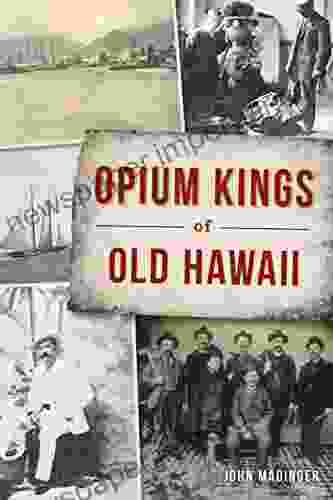
 Marvin HayesUnveiling the Dark Underbelly of Paradise: The Opium Kings of Old Hawaii True...
Marvin HayesUnveiling the Dark Underbelly of Paradise: The Opium Kings of Old Hawaii True... Victor HugoFollow ·3.1k
Victor HugoFollow ·3.1k Leo MitchellFollow ·19.6k
Leo MitchellFollow ·19.6k Henry David ThoreauFollow ·14.8k
Henry David ThoreauFollow ·14.8k Kirk HayesFollow ·7.1k
Kirk HayesFollow ·7.1k Cole PowellFollow ·16.2k
Cole PowellFollow ·16.2k Gilbert CoxFollow ·17.6k
Gilbert CoxFollow ·17.6k Norman ButlerFollow ·13.3k
Norman ButlerFollow ·13.3k Chandler WardFollow ·8.8k
Chandler WardFollow ·8.8k
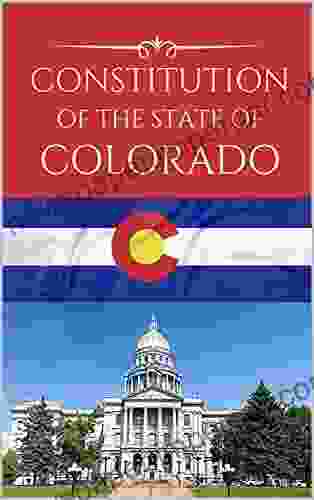
 Jake Powell
Jake PowellThe Constitution of the State of Colorado: A Legacy of...
Since its adoption in 1876, the...
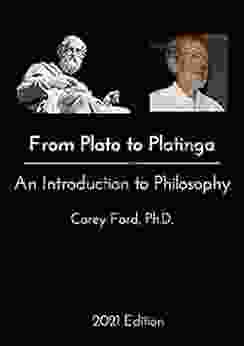
 Devin Ross
Devin RossFrom Plato to Plantinga: A Journey Through the History of...
Philosophy is the study of...

 Robin Powell
Robin PowellWords That Hurt, Words That Heal: The Power of Language...
Words are powerful. They can...

 T.S. Eliot
T.S. EliotTantalize Your Taste Buds with Over 90 Low-Carb Ethnic...
Indulge in a Culinary Adventure with "Over...
5 out of 5
| Language | : | English |
| File size | : | 9069 KB |
| Text-to-Speech | : | Enabled |
| Screen Reader | : | Supported |
| Enhanced typesetting | : | Enabled |
| Word Wise | : | Enabled |
| Print length | : | 401 pages |







